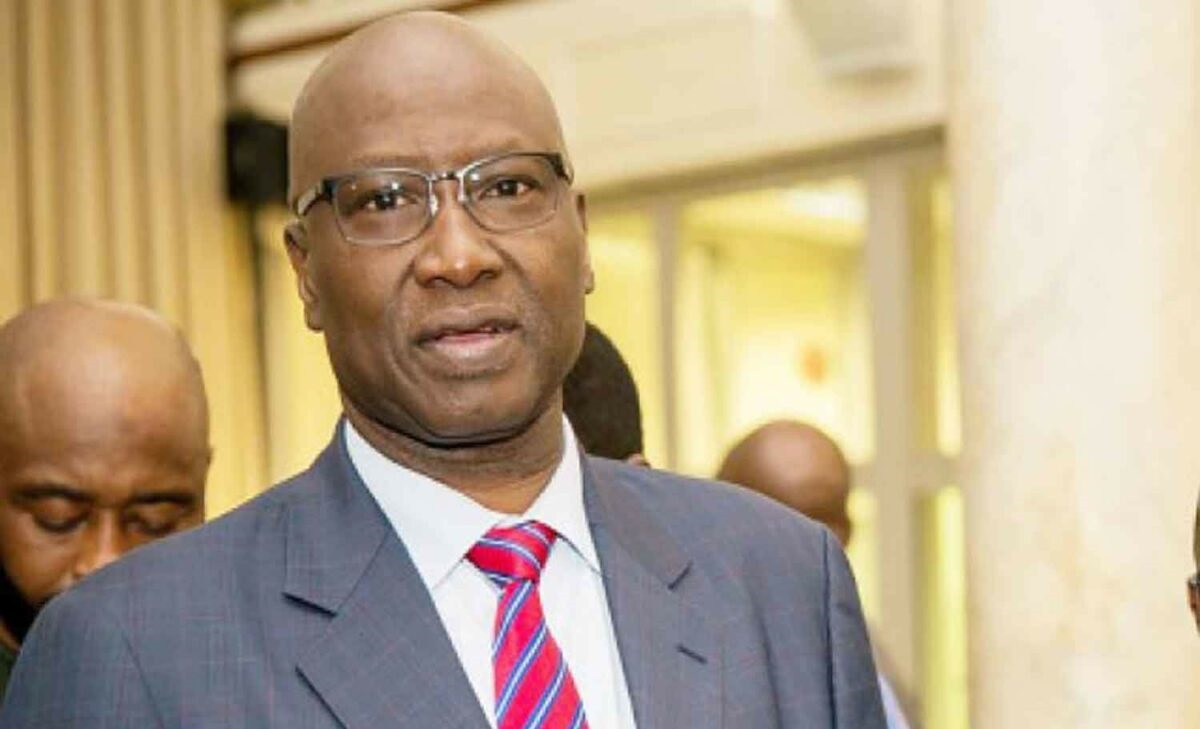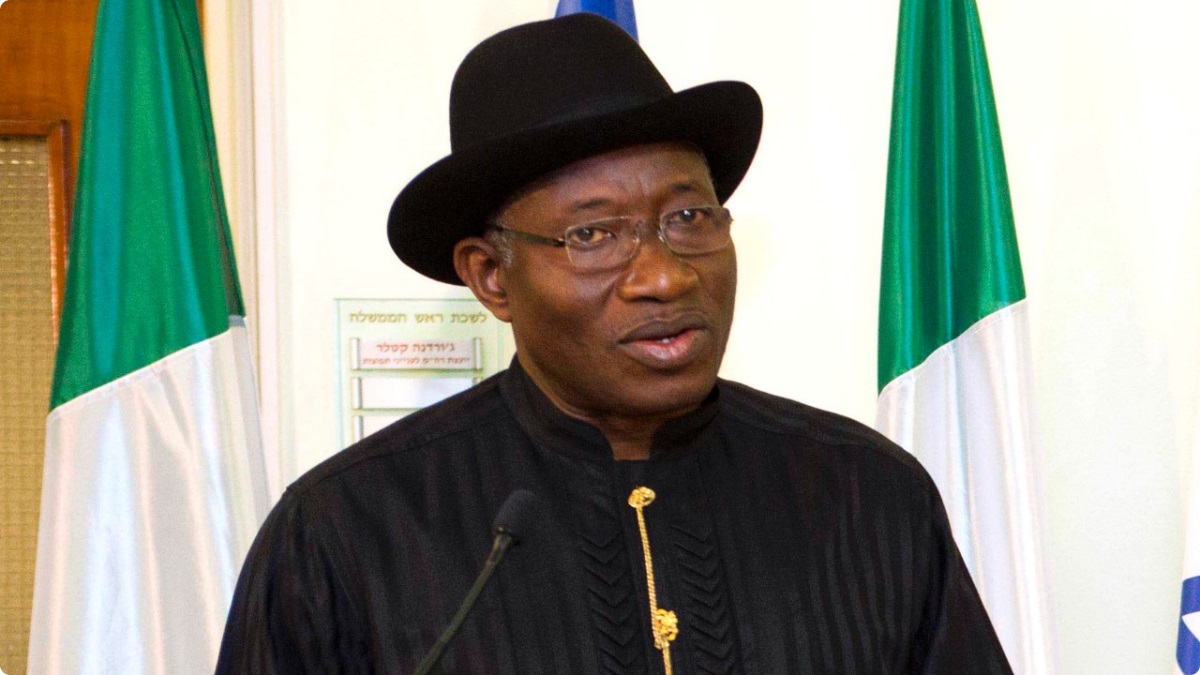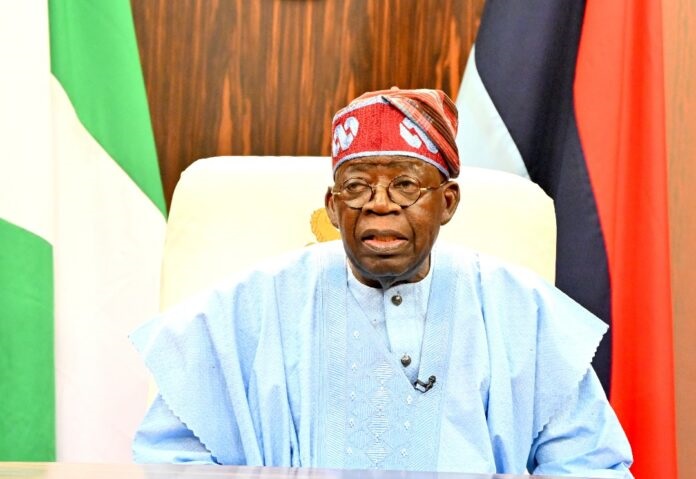During the public presentation of According to the President: Lessons from a Presidential Spokesperson’s Experience by Garba Shehu, Boss Mustapha—recently retired SGF—delivered an address on the enduring impact of President Muhammadu Buhari’s tenure. The lecture, held at Abuja’s Shehu Musa Yar’Adua Centre, focused on how Buhari’s administration laid robust foundations for governance.
From Soldier to Statesman
Mustapha charted Buhari’s trajectory:
Military Career: Early leadership in the army.
Oil‑Sector Reformer: Key role in petroleum‑industry restructuring.
Two‑Term President: Elected head of state from 2015 to 2023.
“Governance under Buhari was defined by duty, not drama,” Mustapha reflected.
Pillars of Reform
He enumerated the administration’s hallmark policies:
Petroleum Industry Act (PIA): Regulatory modernisation of oil and gas.
Infrastructure Development: Extensive road, rail and port projects.
Military Enhancement: Up‑to‑date equipment to tackle security threats.
Social Safety Nets: Launch of the NSIP to support vulnerable populations.
Sector Reforms: Boosts in agriculture, power, education and digital services.
Crisis Management
As chair of the Presidential Task Force on COVID‑19, Mustapha praised the government’s coordinated, data‑driven pandemic response.
Long‑Term Planning
He emphasised strategic frameworks:
Economic Recovery and Growth Plan (ERGP)
Nigeria Agenda 2050
Medium‑Term National Development Plan (2021–2025)
These, he argued, ensure that reforms outlast individual administrations.
Bridging to the Tinubu Era
Acknowledging President Bola Tinubu’s stewardship, Mustapha noted continuity and expansion of key reforms:
Electricity Deregulation: Greater private‑sector participation.
Civil‑Service Performance Management: Introducing measurable targets.
Tax Administration: Streamlining and incentivising compliance.
He cited the evolution of the Central Delivery Coordination Unit into a results‑oriented body and praised the Supreme Court’s 2024 ruling on local‑government autonomy as validation of Buhari’s Executive Order 10.
“The relay of reform marches on,” Mustapha affirmed. “Reform demands consistency and collective ownership across generations.”
Mustapha urged Nigerians to regard governance as a shared duty, and described Shehu’s book as a timely exploration of presidential leadership, institutional temperament and the character of democratic service.





